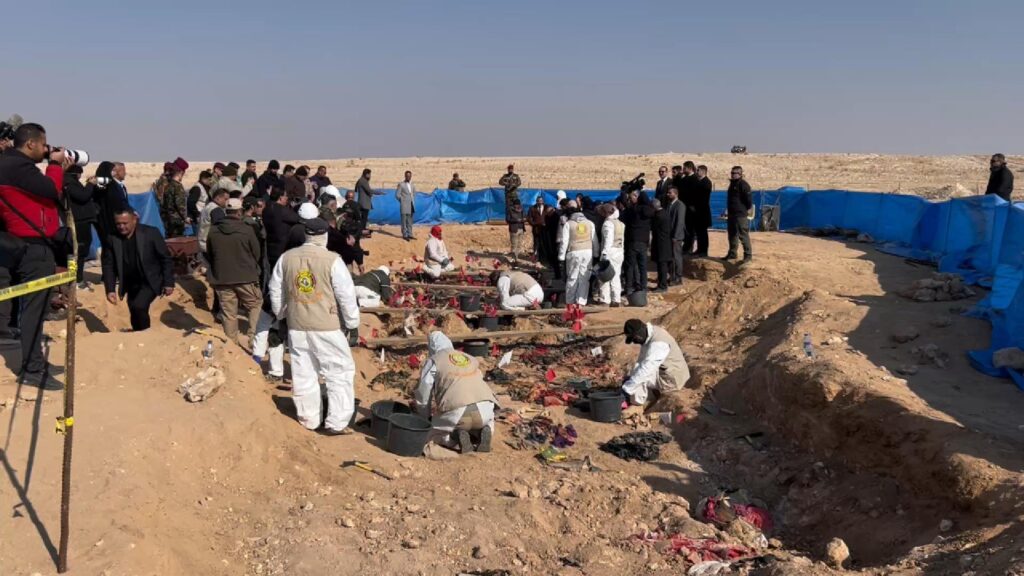Iraq: COVID-19 Situation Report No. 5, 12 March 2020
KEY MESSAGES
• 74 confirmed cases of COVID-19 in Iraq as of 12 March 2020
• Eight fatalities confirmed due to COVID-19 as of 12 March 2020
• World Health Organization has officially declared COVID-19 to be a global pandemic
• Suspected cases in Ninewa IDP camp tested negative
• Additional travel restrictions in place in neighboring countries
• WHO has delivered 12 ambulances to Ministry of Health to assist with COVID-19 response.
• Kurdistan Regional Government bans “non-emergency” travel between governorates.
SITUATION OVERVIEW
The first recorded case of COVID-19 (also colloquially known as “coronavirus”) was recorded in Iraq on 24-February, in the city of Najaf.
Since then, 73 additional cases have been confirmed, with the majority of affected persons in federal Iraq and approximately one-quarter of confirmed cases in the Kurdistan Region of Iraq (KRI). Eight fatalities due to COVID-19 have been confirmed.
The World Health Organization has declared COVID-19 to be a global pandemic. This is an indication that the virus has officially spread around the world (now present in 120 countries), and a reflection of the anticipation that the number of recorded cases, deaths and affected countries will continue to climb. While the vast majority of cases in Iraq are attributed to people who traveled to or recently returned from Iran, WHO has acknowledged that the spread of COVID-19 in Iraq has now reached community transmission levels, and robust preventative measures continue to the best defense against a rising caseload. WHO has stated that the relative youth of Iraq’s population (60 per cent of the population is under 25 years old) could contribute to relatively milder symptoms and quicker recovery times for those who are infected, as the virus does not affect young people as severely as older people. The declaration of pandemic status for COVID-19 will enable increased production of medications which can successfully treat the symptoms of the virus in Iraq and elsewhere (there is currently no cure and no vaccine for COVID-19). WHO is increasing community-based tracking measures throughout Iraq for all suspected cases of COVID-19, and is opening new testing labs in Najaf and Basra to complement existing facilities. WHO has delivered 12 ambulances to the Ministry of Health to assist with COVID-19 response efforts in various governorates.
The Kurdistan Regional Government has banned all “non-emergency” travel between the three provinces of KRI (Erbil, Sulaymaniyah and Duhok), and has announced that domestic flights between Erbil International Airport and the airports in Baghdad and Basra will be suspended from 14-March until 28-March (United Nations travel, diplomatic travel, and official delegations exempted). Jordan has banned overland travel from Iraq, but flights are currently operating as normal.
The three suspected cases of COVID-19 in Salamiyah IDP camp in Ninewa governorate have tested negative; patients remain under observation at a hospital in Mosul. There are no other known reports of cases of COVID-19 reported in any other IDP camps to date. IDPs are not at any greater risk of transmission than the general public. Camp management in Salamiyah camp has held meetings with all relevant partners to discuss preparedness and mitigation measures, and similar exercises are underway in other IDP camps throughout Iraq.
Humanitarian actors continue to report the detrimental impact of COVID-19 on operations in Iraq. Intensifying movement restrictions in KRI, and between KRI and federal Iraq, impact humanitarians’ ability to deliver assistance, including COVID19 preparedness and response measures. OCHA is in constant communication with authorities, but negotiating ad-hoc solutions for specific situations is time-consuming and not easily replicated on a more comprehensive scale.



